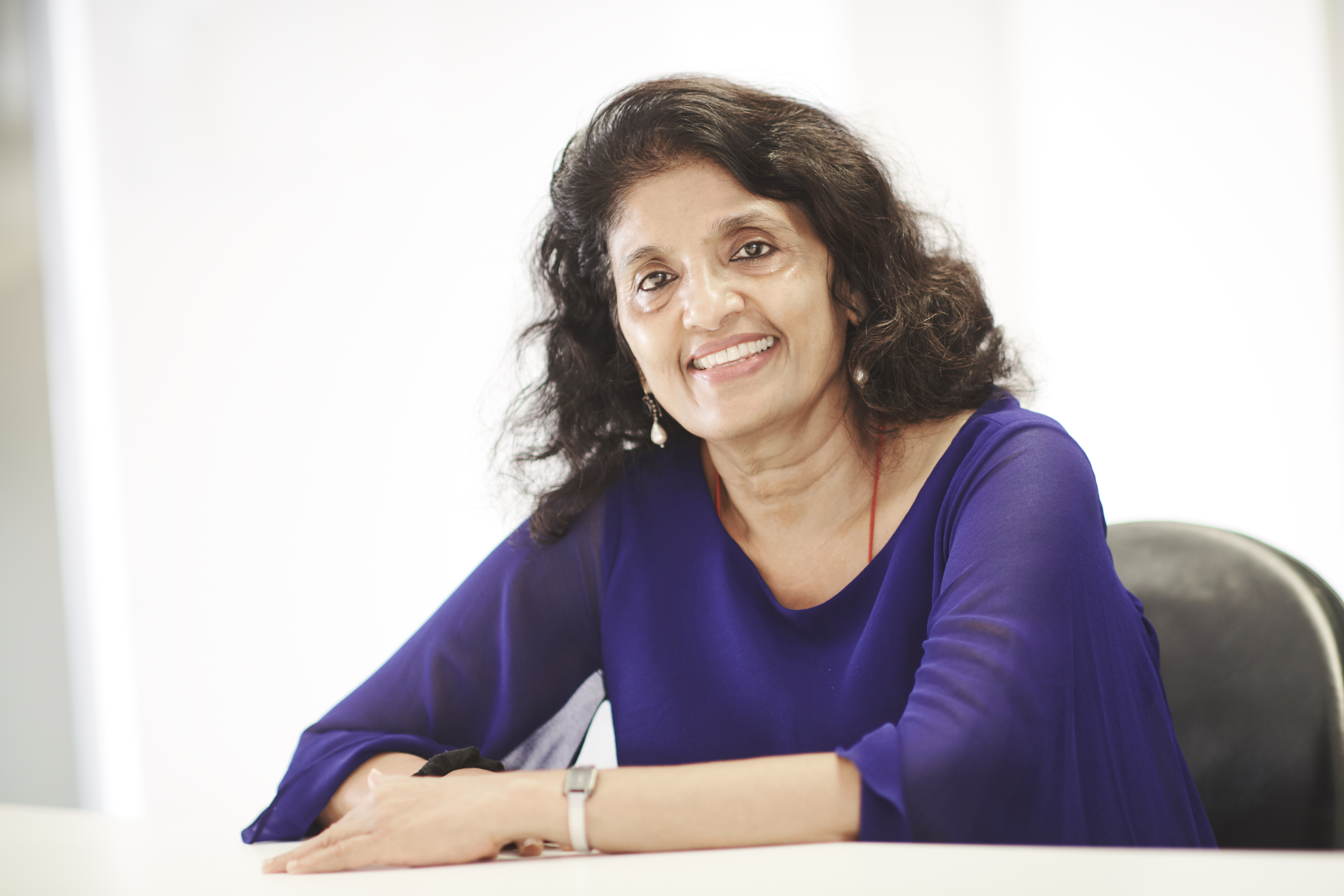When I reflect on my eight years at ScreenSkills, it’s been a privilege and incredibly rewarding. ScreenSkills makes a difference to people’s lives and we have forged deep connections and partnerships.
As an organisation and as a sector, we have been witness and intrinsic to seismic national and global changes. The pandemic necessitated an overnight pivot to digital to support the freelance community and help the industry recover post lockdown. The cycle of economic challenges has been devastating, eroding our workforce and creating an industry-wide diaspora - a loss of talent that will take decades to replace. And, forever at the vanguard of technological evolution and revolution, we must always embrace and adapt to change. Most recently, is AI a spectre or an opportunity?
When I joined Creative Skillset in 2015, I saw the potential to create a strategic skills body for the sector, bringing people and companies together to serve our project-based workforce.
I was inspired by how other sectors - engineering, life sciences - had adopted a data-driven, practical approach to skills to deliver significant impact. Together, I felt we could professionalise and transform the screen industries.
However, change is rarely simple. Getting traction and investment was difficult. Building a skilled, professional workforce does not happen overnight - it takes time and tenacity. Getting the strategy agreed in principle was the easy part. The challenge was making it a reality - brick by brick - with limited income during rapid sector growth.
ScreenSkills’ purpose has remained true. Building a unified, data-based approach to support the entire workforce - aligned with the education sector and uncompromising in terms of equity, diversity or inclusion.
I am proud of what ScreenSkills has achieved with our partners. The apprenticeship pilots and evidence-based call for reform; the Unscripted TV Skills Fund; our suite of e-learning modules; an inclusion and diversity playbook challenging all of us to embed diversity and inclusion ever deeper; the focus on progression, retention and mid-career skills; the Future Film Skills and Discover Creative Careers programmes.
And now validation from the Skills Task Force of the vital importance of skills. So that the sector continues to be a fulfilling and creative career destination, and so ‘creative UK’ remains a unique, vibrant and cultural voice cutting through the global miasma.
But should something so important have to be this tough? When I first embarked on this adventure, I wondered if we were out of step with the dance of time? No matter how hard and fast we run, would the speed of change outpace us? Is the industry out of sync?
Speed, unity, and action is a necessity. How else do we ensure this magical world of storytelling is equipped to innovate and flourish in a competitive, disruptive world?
As Jalaluddin Rumi the poet said, the wound is the place where the light enters you. Can that light enter now?
Leaving is when you look back at the patterns of your life. As an immigrant and outsider there were no role models or templates. I joined ScreenSkills to ‘give back’. Hopefully I’ve enabled a simpler pathway for those who follow, a dream catcher for those who yearn to enter and belong to what I believe is a magical and immersive world.
Finally I would like to say thank you. To our partners and the wider sector. To ScreenSkills’ councils, working groups and advisory forums. To my Board. And finally, to my wonderful colleagues and the spirit that drives us all.
ScreenSkills has appointed Laura Mansfield as its new Chief Executive to succeed Seetha Kumar. Currently Managing Director of Outline Productions and a Creative Director of Tin Roof Media Group, Laura will join the company in mid-January 2024.
